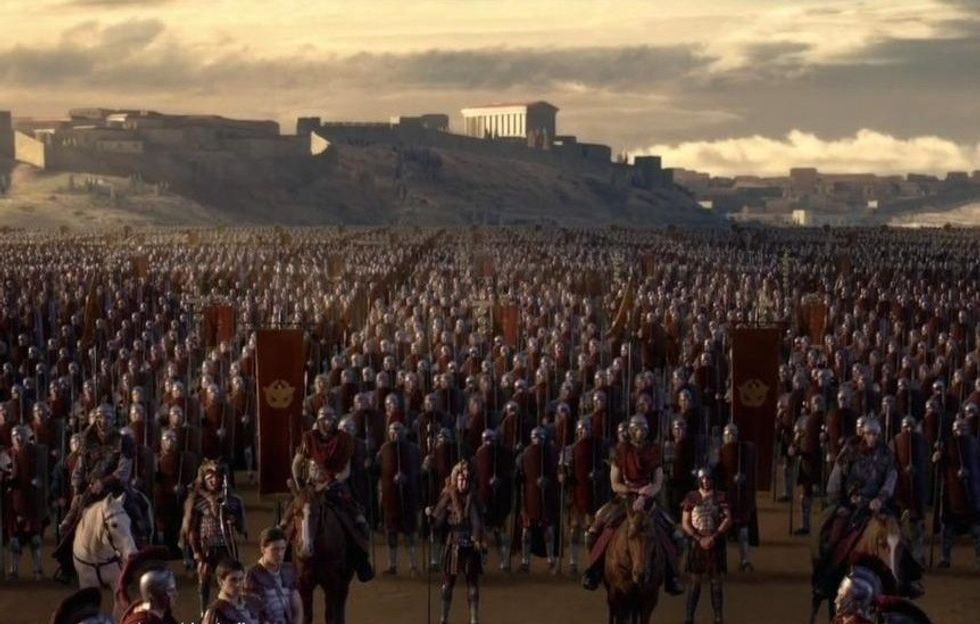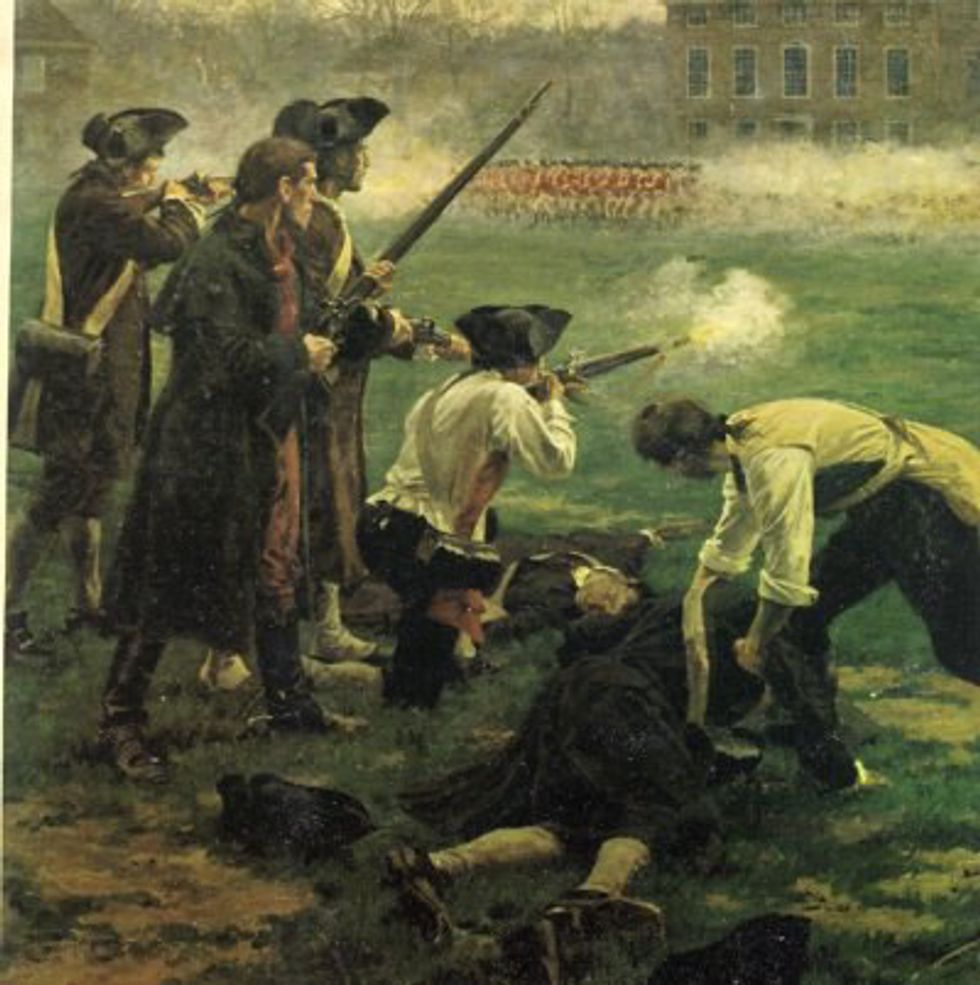History is littered with the bones of great empires. Their corpses dot the annals of the world, providing dire warnings to those who wish to create empires of their own. Yet, humanity continues to create empires. It seems to be some compulsion of ours, regardless of the fact that those empires always fall. Why do empires fall, though? Why can humanity not create an institution that lasts? I would offer you a few reasons and they all come back to one core principle: the downside of human nature. Above all, there is greed — greed for power, greed for wealth, greed for more than is already had. Of less importance are complacency and hubris. Empires begin to think that they’re the most civilized portion of humanity. Thus, they consider themselves above everyone else and lack of self-sufficiency.
Take, as examples, two of the world’s longest lasting empires — those of Rome and Great Britain. Both of those empires came into being through conquest and both came to their ends because of overextension caused by greed and hubris caused by greatness. From these empires, we can see how and why empires come to their ruin.
The empires of Rome and Great Britain are two of the most successful that the world has ever seen. Both lasted approximately 400 years (Rome a little longer and Britain a little shorter) and, at the height of their power, they dominated the majority of the known world. Yet, these great empires both fell. There are many theories regarding the fall of Rome, but they all point to a few simple roots: the Roman Empire had become so large that it’s bureaucracy could no longer function properly, the expansion and protection of the empire had made the army the most powerful entity in Rome, and Rome itself had lost its will and ability to provide for itself.
Britain’s empire collapsed for similar reasons. Its expansion was too great, its troops could no longer maintain control, and it relied too heavily upon its colonies for the essentials of the empire such as oil. Small rebellions cropped up throughout, bleeding the empire dry of resources and manpower.
Both also fell victim to pride. When the American colonies rebelled, Britain could not fathom the idea that their troops could be defeated by farmers. Yet, their troops were defeated. When the Visigoths rose up against oppressive Roman policies, the Roman Emperor Valens had no doubt in his mind that his legions would crush the Visigothic barbarians out of existence. In the end, however, Valens’ army was destroyed, he himself was killed, and Rome was left wide open to invasion. The British said that the sun never set on the British Empire and the Romans called Rome “Caput Mundi,” the capital of the world, but Britain faded and Rome was sacked.
These two empires carved out swaths of the world as their own and had some of the longest periods of concentrated dominance that any empires have ever had. However, in the end, both fell victim to their greed for new territory and wealth, as they expanded beyond the capacity of their bureaucracy and military, and to the pride that their great civilization instilled in them. Empires fall when their power and glory outweighs their capacity for government and self-reflection. They fall when their greed and hubris outweighs their common sense. All empires succumb to this — there has been no everlasting empire — and any modern or future empire would do well to heed the patterns that were displayed by empires of the past.























